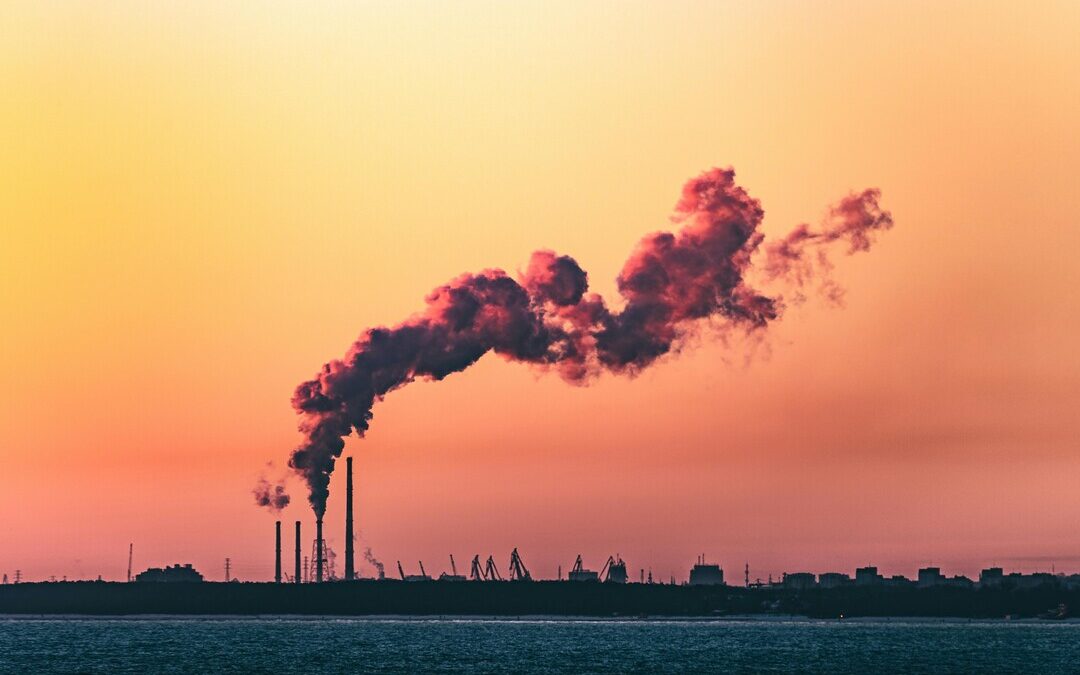Seven Nations to Pioneer $1B CIF Plan for Global Industry Decarbonization
Seven countries to lead global push to cut industrial emissions with support from $1 billion CIF program.
Seven developing countries — Brazil, Egypt, Mexico, Namibia, South Africa, Türkiye and Uzbekistan — have been chosen to spearhead a landmark $1 billion industry decarbonization program launched by the U.S.-based Climate Investment Funds.
According to the climate finance fund, the program marks the world’s first concessional finance initiative specifically designed to reduce industrial greenhouse gas emissions in emerging economies.
The program targets high-emitting sectors, including steel, cement, chemicals, aluminum and fertilizers, which collectively account for one-third of global greenhouse gas emissions.
CIF stated that carbon emissions from the heavy industry sector must decrease by 20 percent by 2030 and 93 percent by 2050 to meet international climate goals.
Private Investment and Innovation at the Core
Designed to drive innovation, attract private investment, and support just transitions, the program focuses on deploying low-carbon technologies, including green hydrogen, electrification and circular economy models.
CIF also aims to help developing countries tap into an estimated $2 trillion market for green industrial products by 2030.
Beyond emissions reductions, the program is structured to generate inclusive economic benefits. It supports local job creation, workforce reskilling and the empowerment of women and marginalized communities while bolstering supply chains and national competitiveness.
Tailored National Strategies Underway
Brazil plans to use CIF financing to establish low-emission hydrogen hubs, scale circular economy practices and support clean technology manufacturing. Funding will also aid in regulatory reforms and capacity-building across its diverse industrial base.
In Egypt, the fund will help modernize energy-intensive sectors, such as cement and steel and integrate renewable energy and clean hydrogen.
These investments align with the country’s Vision 2030 and will support eco-industrial parks and socioeconomic inclusion in climate-vulnerable regions such as the Nile Delta.
Mexico, where industry generates 25 percent of the country’s GDP and 23 percent of its emissions, estimates that it needs $9 billion to decarbonize sectors such as steel, cement and chemicals.
CIF will help bridge this gap by co-financing low-carbon projects, expanding regulatory capacity, and supporting green shipping and nearshoring strategies.
Namibia, with a nascent industrial base and abundant solar and wind resources, will use CIF funds to build a regional hub for green hydrogen and clean manufacturing.
The country aims to operationalize renewable-powered eco-industrial parks and avoid 7.5 million metric tons of CO₂ emissions annually by 2030.
Coal-Heavy Economies Chart New Course
South Africa, one of the world’s most carbon-intensive economies, will focus on decarbonizing its coal-reliant industrial sector, particularly steel production, and converting industrial parks into green economic zones. Investments will also support workforce upskilling and energy diversification.
Türkiye aims to reduce carbon dioxide emissions by up to 135 million metric tons annually by targeting high-emitting sectors, including cement, steel, aluminum and fertilizers.
CIF funding will help launch the Türkiye Industrial Decarbonization Investment Platform, support emissions trading systems, and improve the country’s clean export readiness.
Uzbekistan, aiming to reduce emissions per GDP unit by 35 percent by 2030, will establish green industrial zones and pilot low-emission technologies in the cement, chemicals and metallurgy sectors.
CIF resources will also fund inclusive workforce programs, with a target of 40% female or youth participation, and provide support for women-led small and medium enterprises.
The fund stated that the program provides a model for other developing countries to accelerate climate action while building resilient, low-emission economies.
Through strategic concessional financing, the initiative will help overcome structural barriers and mobilize investment to transform global industry at scale.
Also Read:
UN Report Urges Immediate Decarbonization of Emission-Heavy Sectors
Nirmal Menon
Related posts

Subscribe
Error: Contact form not found.


